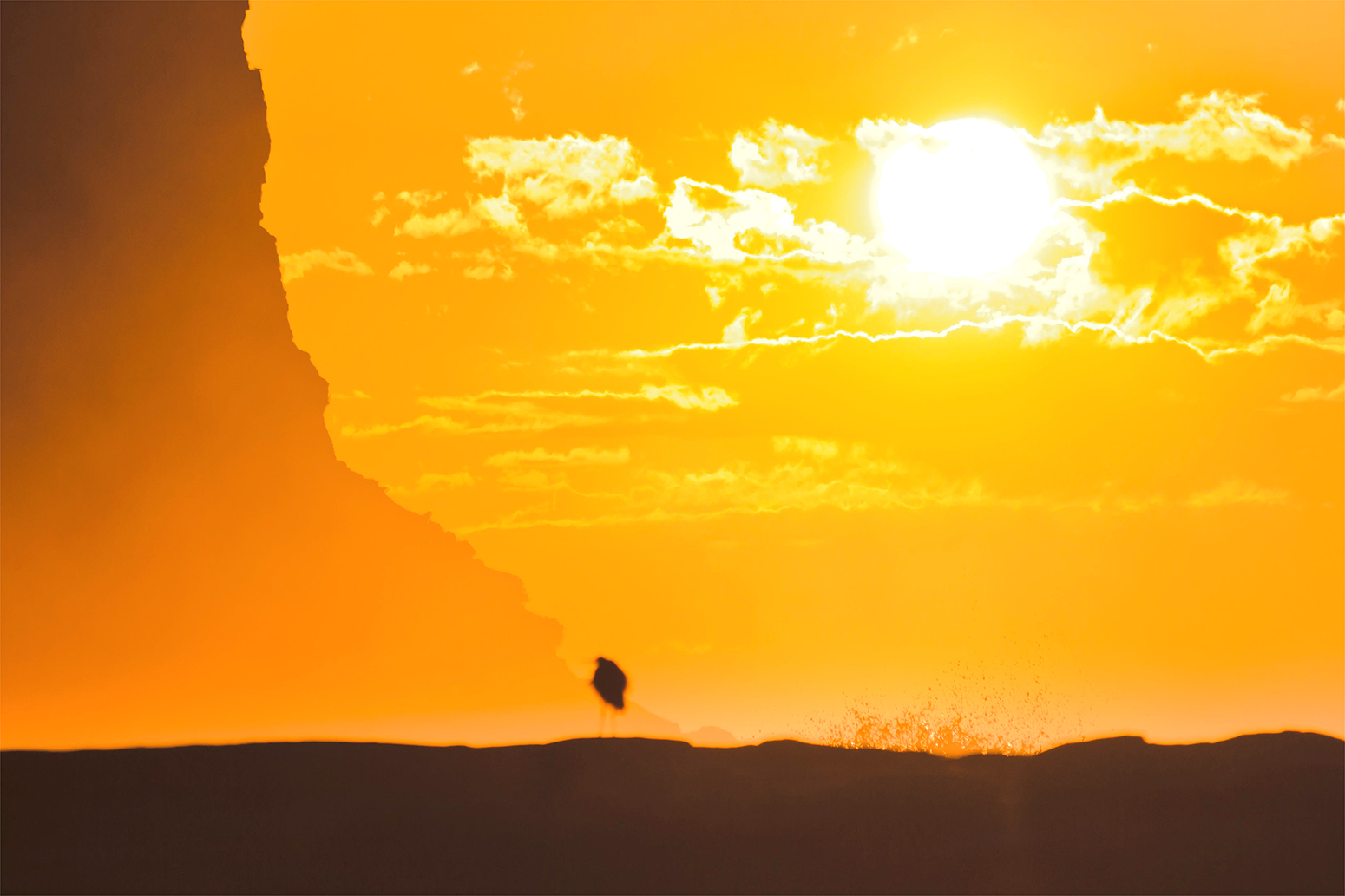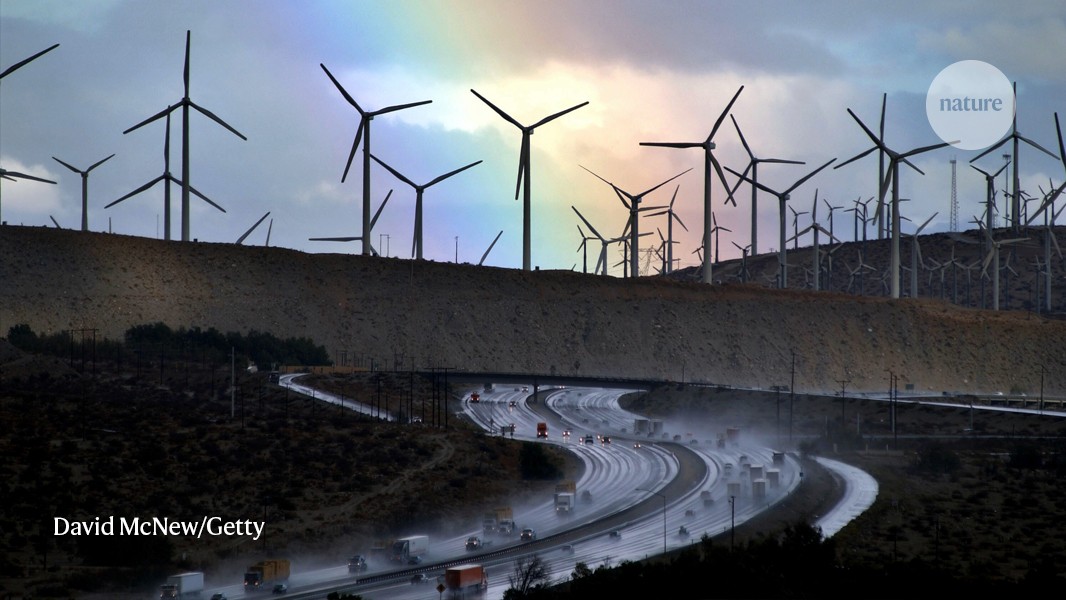I'm a Bible believer. I also believe that climate change is happening. I don't think those two things stand opposed to each other. The debate is certainly there to be had in terms of the cause, duration, and outcome. I also don't doubt there is an agenda behind a lot of what we hear. You have to have your head in the sand to not believe that. Even if you set all the conspiracy/deep state stuff aside, even if you do that, you still get smacked right in the face with the fact that the stuff we *think* we know for sure has a sneaky way of completely changing as we learn more about our world...actually, as we just learn. That pretty much goes for everything. Just look at a little history. You don't even have to be all that smart to figure this out. And as it relates to climate and weather, you can look at the messaging that has been put forth as fact or near fact over the last several decades.
I'm not scared of climate change. It is not going to be the end of mankind. The oceans are not going to rise to the point of drowning everyone along the coasts of the world. That doesn't mean that the climate isn't changing, to some degree. And it also doesn't mean that we shouldn't do what we can to take care of our planet and preserve life.
I am all for doing what we can as a nation to limit man made pollution that we release. Technology has improved a lot since the industrialization revolution and we as a nation have come along way to identifying and reducing their release, but we are just one of the major producer. Until we can convince other nations such as India and China, just to name a few, to do the same then there is only so much that can happen.
God forbid that we have any major volcanic activity. Doesn't matter how much we have done, if there are any major eruptions, it won't add up to a hill of beans to what we accomplished. I also do not fear Climate Change. We will adapt just like we always have.
I also think, imho, it is not something we as a nation should have to shoulder the brunt of the financial cost for either. I also do not think we need to be Socialist nation to do it. This is just my 2 cents worth and is probably worth less...








